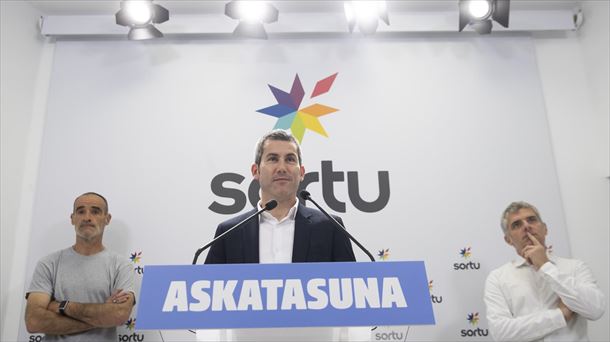Primary school teachers in Austria are currently demanding, among other things, more staff and smaller groups. In Vienna, politicians should spend a day in a kindergarten in May to review terms and conditions. The first volunteers have already found each other.
Among them are the education spokesman of the ÖVP Vienna, Harald Zierfuss, and his green colleagues Julia Malle and Felix Stadler. According to a broadcast, these would support the demands of the “Primary Education Vienna” initiative for more staff and smaller groups. Education Minister Martin Polaschek (ÖVP), the education spokesperson for the parliamentary parties, the Vienna Councilor for Education Christoph Wiederkehr (NEOS) and experts from his office should also be invited to a kindergarten for a day, said Children in Vienna (KIWI) Director Thomas-Peter Gerold-Siegl.
The politicians could participate for a day from the morning circle to the farewell and then have a reflection conversation. “Then we can track what they are doing with the ideas they have gained and how they are implementing them,” said Gerold-Siegel.
300 vacancies
The background of the action is the working conditions of the educators. Private kindergarten staff have held working meetings in public areas twice in recent months and facilities have remained closed on these days. According to the sponsors, in five years’ time, two pedagogical employees should be working full-time in each group. At the moment, however, about 300 positions will be filled by the sponsors Diakonie Bildung, Kinderfreunde, KIWI and the St. Nikolausstiftung. The head of the St. Nikolaus Foundation, Susanna Haas, therefore proposes a step-by-step plan. This would give existing staff perspective and possibly motivate them to return to work. Many kindergarten teachers have now left the facilities.
Union demands 37-hour work week
The GPA union is currently demanding application of the collective labor agreement for the social economy for primary school teachers. These would not fall under a collective agreement, only the minimum wage rate would be applied. From a union perspective, this would bring much improvement for workers – for example, a 37-hour instead of a 40-hour work week, more vacation days, regulated preparation times and arrangements for further training, mentoring, sabbaticals and partial retirement. The city and federal government must bear the additional costs. In Vienna, about two-thirds of children are currently cared for in private institutions.
Source: Krone
I’m an experienced news author and editor based in New York City. I specialize in covering healthcare news stories for Today Times Live, helping to keep readers informed on the latest developments related to the industry. I have a deep understanding of medical topics, including emerging treatments and drugs, the changing laws that regulate healthcare providers, and other matters that affect public health.



